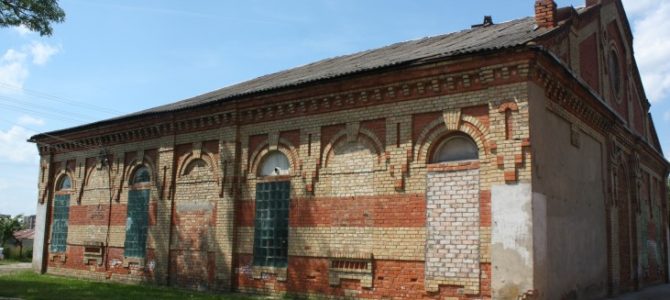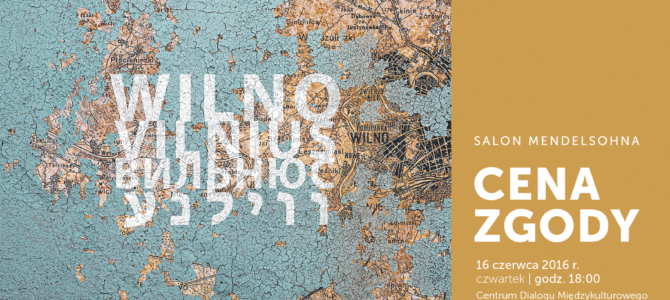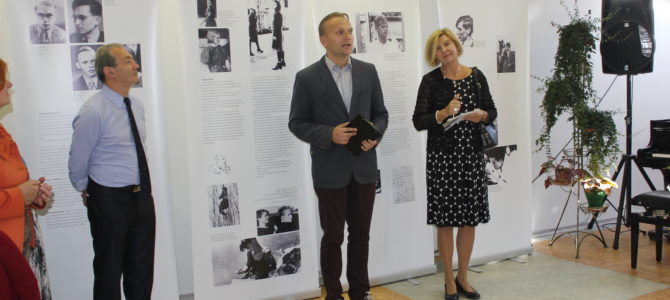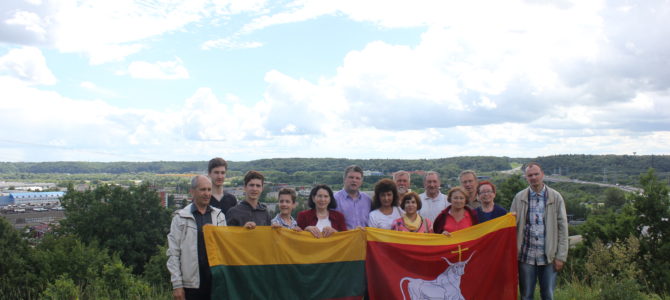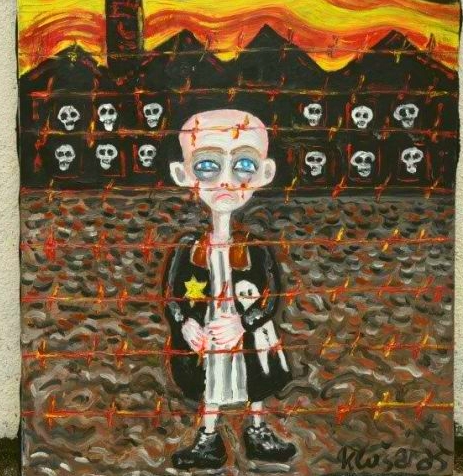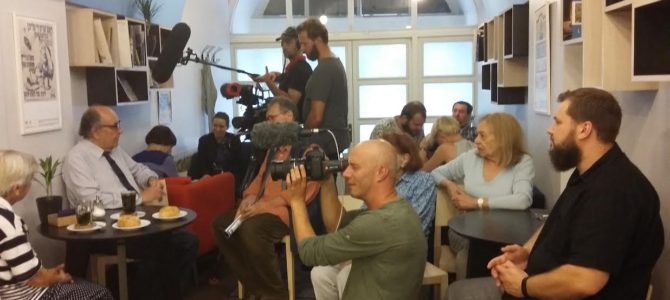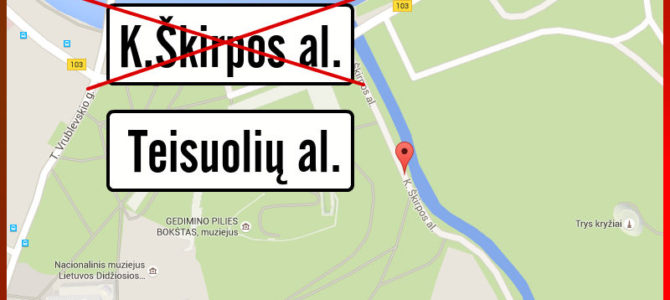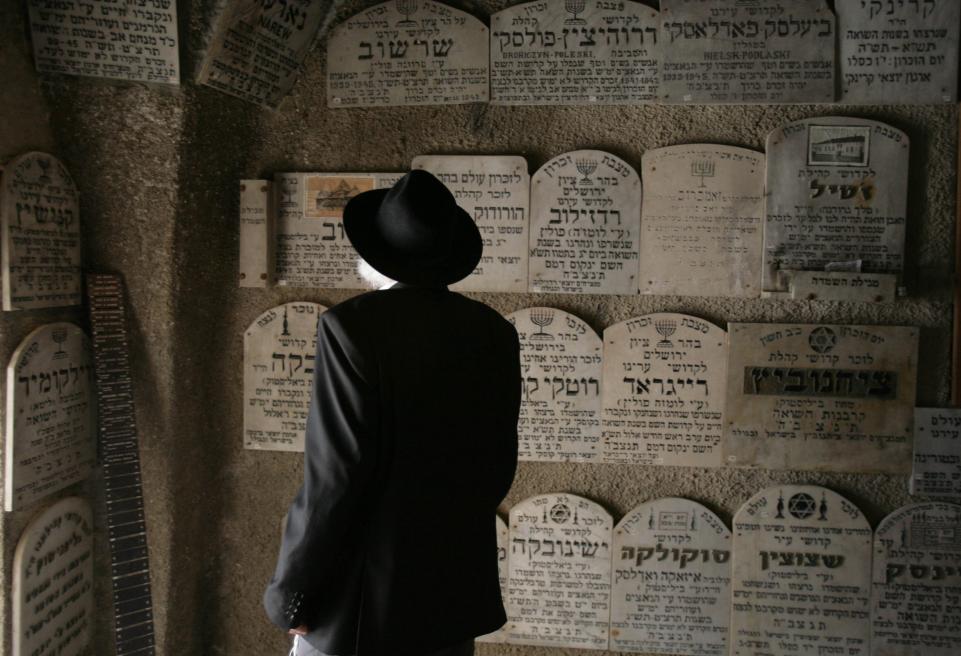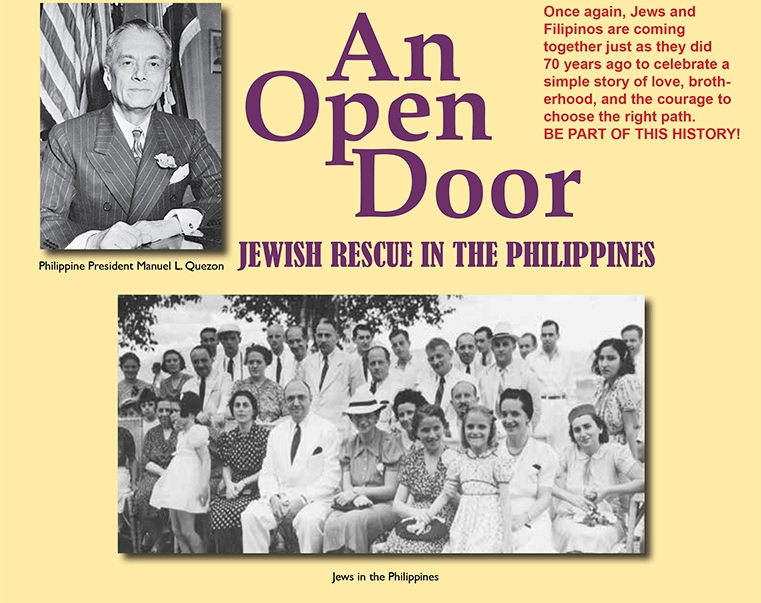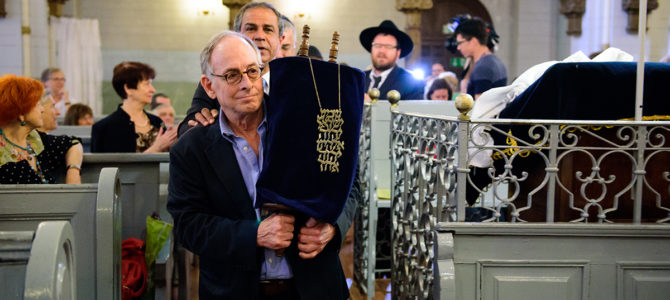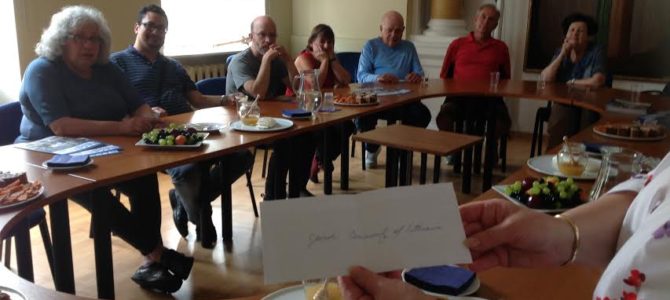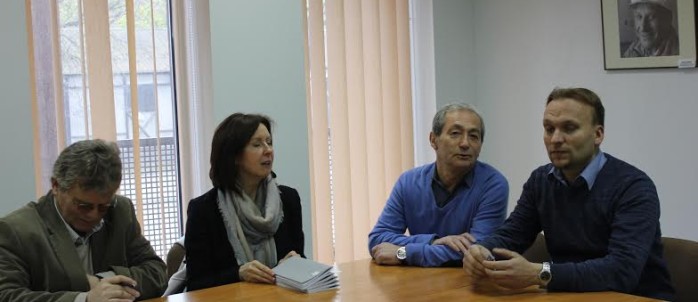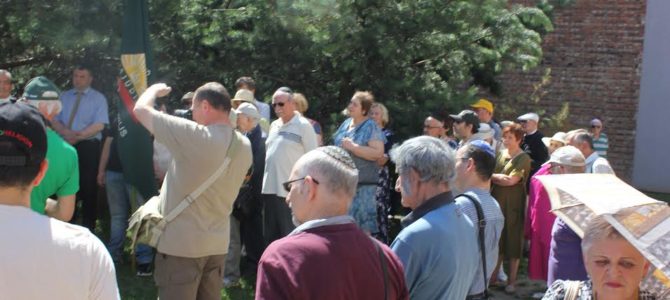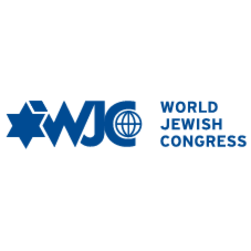
NEW YORK–World Jewish Congress president Ronald Lauder July 20 severely criticized statements by high-ranking Polish officials on Polish complicity in the mass murder of Jews during and after World War II. He was responding to remarks made by Poland’s education minister Anna Zalewska casting doubt on Polish participation in two pogroms against Jews in Jedwabne, and that city’s mayor Michael Chajewski even called for exhumation of the corpses contained in mass graves there. Lauder said such statements cause concern and seem like “a spit in the face” to the victims of the Holocaust in the town. In the pogrom in Jedwabne on July 10, 1941, Poles murdered about 340 people.
Lauder said the minister and mayor’s statements in effect discredit all the efforts made by Polish scholars, who for 25 years have been researching, studying and looking for evidence about the brutal violence Poles executed upon Jews. The president of the WJC called upon the Polish Government to demand immediate and clear apologies and retractions by both officials. Lauder recommended Zalewska and Chajewski would do better to listen carefully to the words of Polish president Andrzej Duda, who spoke at the 70th anniversary of a pogrom in the Polish town of Kielce in early July, saying: “There is no place in free, sovereign and independent Poland for any superstitions, racism, xenophobia or anti-Semitism.” Lauder noted the statements were especially troubling coming from Polish officials, and called Poland the leader in the fight against Communism in Eastern and Central Europe and a country which has accomplished much in Holocaust education. He said after the fall of Communism, Polish society collided with dark passages in the nation’s history, but showed courage and dignity, and because of the work done has become worthy of respect and has shown the way to neighboring countries which have been unable to come to terms with their own history.


